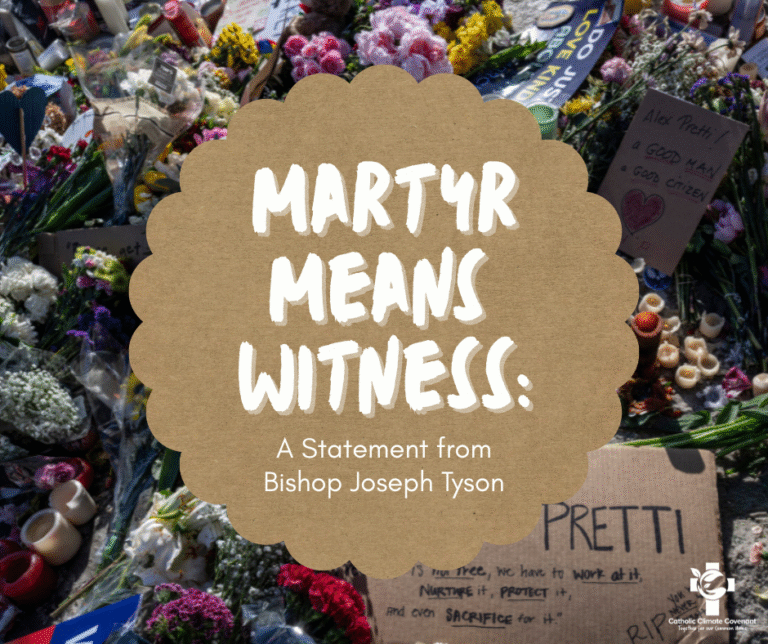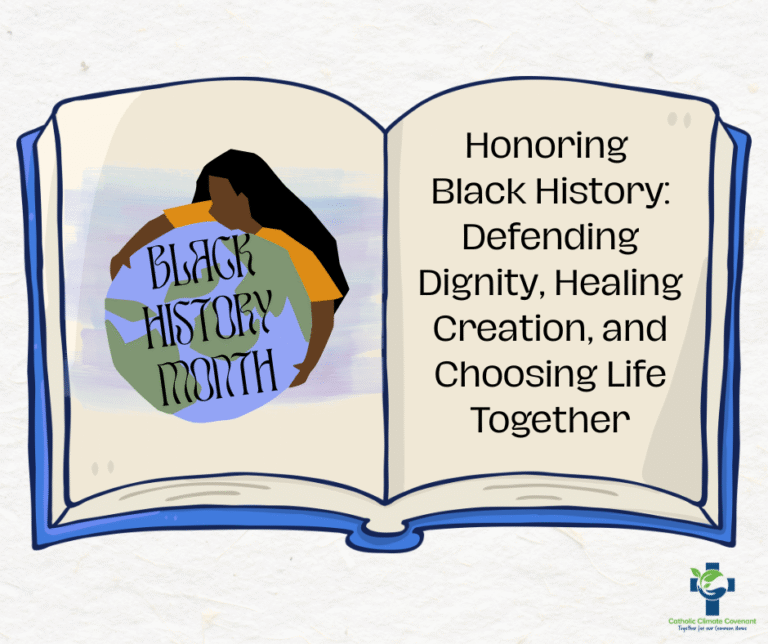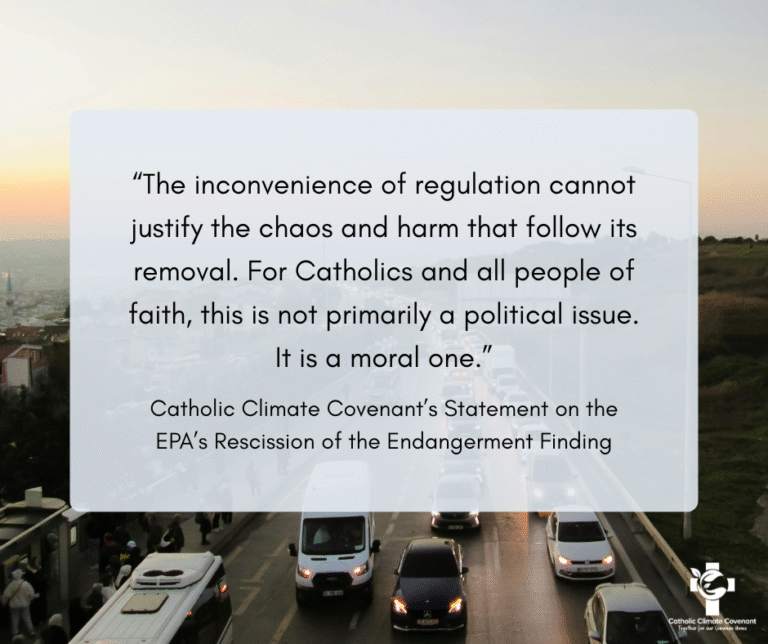Today we have a blog from one of the Covenant’s critical national partners, Catholic Relief Services, the official international humanitarian agency of the Catholic community in the United States. CRS provides assistance to people of all faiths in need in more than 100 countries, through programs of emergency response, HIV, health, agriculture, education, microfinance and peace building. During this Season of Creation, CRS is shining a light on the intersection between the pandemic, hunger, poverty, agriculture, climate change and how the U.S. can help our brothers and sisters around the world.
“This virus makes my life more difficult; food has become very expensive and there are not enough vendors in the local market. I have no income, apart from selling my chickens and goat, [and the prices I got for them] were very low—the money I earned was enough for only four days’ worth of food.”
This story—shared by a man who lives in southern Madagascar—is not uncommon throughout Africa and around the world as COVID-19 exacerbates existing food insecurities and other vulnerabilities. In Madagascar, drought has partially or, in some cases, completely destroyed maize crops, leaving farmers without income and families without food. Surviving crops were devastated by locusts and fall armyworms. As a result, food prices have skyrocketed. In emergency situations like these, families often resort to selling their livestock to purchase food, but falling prices of chickens and other animals are impacting their ability to do that.
Before the COVID-19 pandemic began, climate change was already causing food insecurity for many communities around the world. Erratic rainfall patterns, rising temperatures and recurrent drought threaten the livelihoods of farmers who depend on seasonal rainfall. More frequent and severe storms such as hurricanes and typhoons cause flooding that wipe out entire crop fields. In Ethiopia, an estimated 7 million people will need food assistance this year due to the vicious cycle of droughts, unpredictable flooding and crop failures. Persistent drought in the dry corridor of Central America has forced many farmers to migrate, looking for work.
This is why it is critical that we come together as a community and a movement to urge our nation to lead the way in addressing climate change and global poverty. You can lift your voice to Congress to ensure we protect international poverty-reducing assistance for programs around the world.Email your Senators as they prepare to negotiate budget proposals for 2021 and urge them to support poverty-reducing foreign aid so that families have access to necessities like clean water, food, medical care and shelter.
Families who rely on subsistence agriculture or on unpredictable day labor are at risk of chronic hunger and malnutrition, and COVID-19’s impact is compounding the hunger crisis. Movement restrictions to curb the virus have made it difficult for many to work and earn an income.
“The children have been at home all the time. It was difficult to get enough food for them for all of their meals,” says Blandine, a mother of three from Rwanda. “The children’s father is also unemployed because of the lockdown.”
Catholic Relief Services (CRS) is responding to the impact of COVID-19 while trying to ensure vulnerable households have access to the food and resources they need to stay healthy. In addition to sharing information about the virus and prevention methods with communities, CRS is incorporating new safety measures into programming such as increased handwashing, face masks and physical distancing. We are also working with partners to install handwashing stations and provide critical hygiene supplies so communities can help prevent the spread of COVID-19.
CRS is also increasing food rations to help families and communities cope while travel and public gatherings are suspended and schools are closed. In Ethiopia, emergency food aid is supporting more than 1.5 million people. In Guatemala, rice, corn, black beans and vegetable oil used for school lunches—often a child’s only meal of the day—are being provided as take-home rations for more than 50,000 students.
Enrique, a PTA member at his children’s school in Guatemala, shares, “You can’t imagine how happy the children were to have the school food! In our family, five people benefited from it.”
Acute hunger is expected to double this year because of COVID-19. Additionally, climate change is continuing to affect the most vulnerable communities around the world. As millions face the threat of hunger and malnutrition, you can take action to help ensure communities have access to enough nutritious food.
To encounter more stories, prayers and opportunities to make a difference to eradicate poverty around the world, join the movement and tens of thousands around the country at crs.org/leadtheway or by texting LEAD NOW to 306-44.



